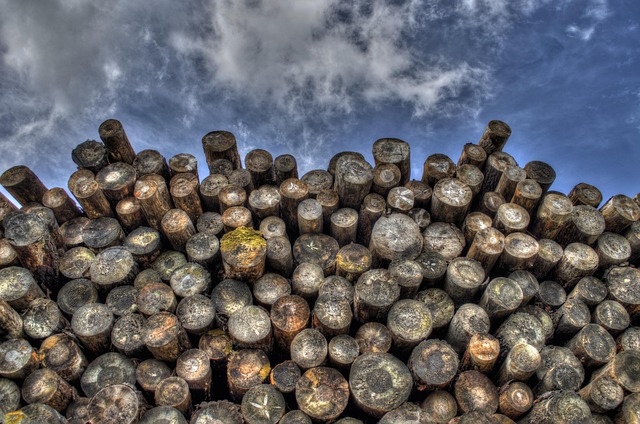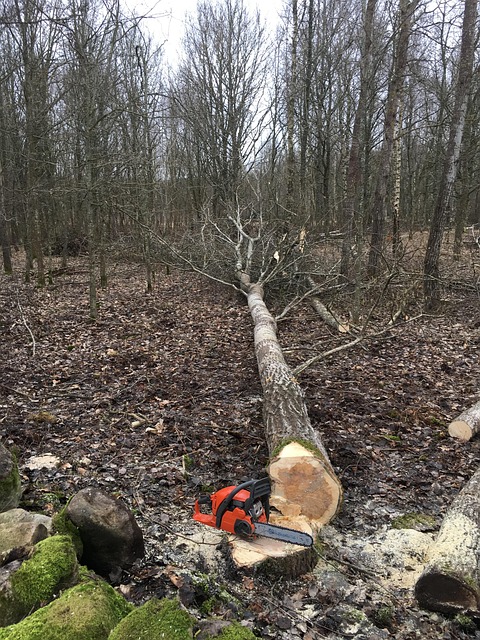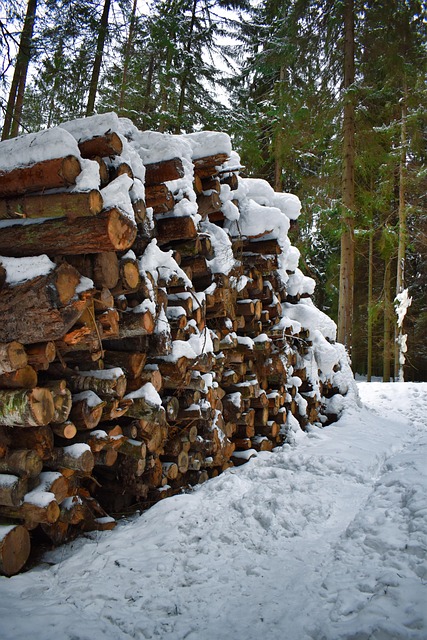Lane County, Oregon, boasts a rich history tied to its timber industry, with a dedicated workforce harvesting and processing abundant forest resources. This heritage is etched in traditional logging towns, cultural events, art, literature, and cuisine. The Lane County timber workforce, comprising loggers, millworkers, rangers, and scientists, practices sustainable stewardship while fostering a vibrant artistic scene inspired by the region's natural beauty, preserving a unique cultural legacy.
Lane County, Oregon, boasts a rich timber industry heritage dating back generations. This robust sector has not only shaped its economic landscape but also deeply influenced its culture. From the hardworking Lane County timber workforce to the artistic expressions inspired by the land, the industry’s legacy is woven into the very fabric of the community. Explore how historical roots and a thriving workforce have fostered a unique cultural tapestry in this Oregon gem.
- Historical Roots: Lane County's Timber Heritage
- The Workforce: People Behind the Industry
- Cultural Impact: Art, Community, and Tradition
Historical Roots: Lane County's Timber Heritage

Lane County, Oregon, boasts a rich history intertwined with its timber industry. The region’s lush forests have long attracted loggers and woodworkers, shaping the local economy and culture. For generations, the Lane County timber workforce has played a pivotal role in harvesting and processing the area’s abundant forest resources, contributing significantly to the state’s reputation as a leading timber producer.
This heritage is evident in the county’s traditional logging towns, each with its unique character and stories. The industry’s historical impact extends beyond the economic realm, influencing art, literature, and even culinary traditions, where local cuisine reflects the bounty of the forest. Lane County’s timber legacy continues to resonate, fostering a deep connection between the community and the land that sustains them.
The Workforce: People Behind the Industry

The Lane County timber industry wouldn’t exist without its dedicated workforce, a community of individuals deeply rooted in the land and skilled in the art of forest management. This diverse group includes loggers, millworkers, forest rangers, and scientists, each playing a vital role in sustaining the region’s economic and ecological health. Their expertise lies not only in the technical aspects of timber harvesting and processing but also in understanding the complex web of environmental stewardship and community engagement.
The workforce is a tight-knit network of families who have passed down their knowledge and love for the land through generations. This legacy has fostered a deep respect for the forests, leading to innovative practices that balance economic viability with conservation. Their work ensures Lane County’s timber industry remains a cornerstone of the local economy while preserving the region’s unique cultural heritage and natural beauty for future generations.
Cultural Impact: Art, Community, and Tradition

The Lane County timber industry has profoundly influenced the region’s culture, fostering a rich artistic scene inspired by the surrounding natural beauty. The county’s lush forests have long been a source of inspiration for artists, musicians, and writers, who capture the essence of this vibrant landscape in their work. Local art galleries showcase paintings and sculptures that pay homage to the majestic trees, while folk music traditions often weave tales of the forest and its hardworking workforce—the Lane County timbermen.
The industry’s impact extends beyond the arts; it is deeply ingrained in the community’s identity and traditions. The close-knit nature of timber towns has led to a strong sense of community, with local festivals celebrating the region’s heritage. These gatherings often feature storytelling sessions, traditional dance performances, and crafts that reflect the area’s rich history, all of which are intrinsically linked to the timber industry’s past and present. The Lane County timber workforce is not just a group of workers; they are guardians of a cultural legacy, passing down stories and traditions that celebrate their unique connection to the land.






